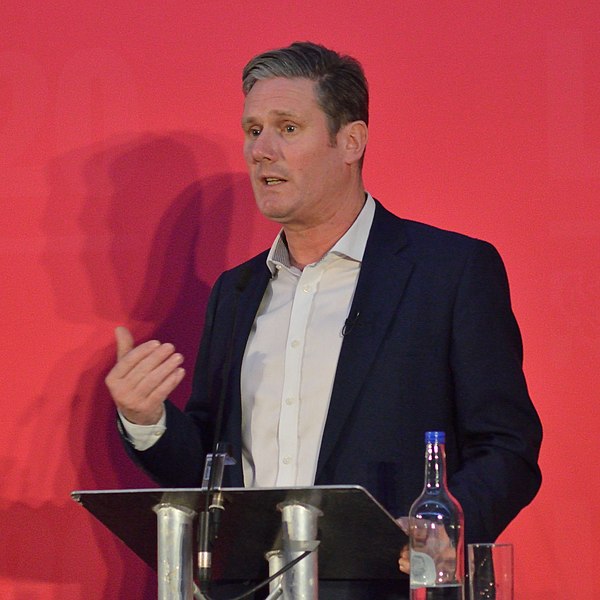
The leader of the United Kingdom's Labour Party initiated a reshuffling of his top team on Monday, gearing up for a potential election next year as the main opposition party
strives to position itself effectively.
Keir Starmer chose to retain his most senior shadow ministers in their current roles while designating his deputy, Angela Rayner, as the spokesperson for housing, communities, and levelling up.
This move coincides with the return of parliament from its 45-day summer recess, marking the final full annual session before an expected general election. In current polls, Labour holds a significant double-digit lead.
Angela Rayner, hailing from the party's left wing, assumed the position of deputy leader in 2020 concurrently with Starmer's leadership appointment. However, her election was the result of a separate vote by party members, registered voters, and affiliated supporters.
Having grown up in public housing in northern England, Rayner left school and became a mother during her teenage years before making history as the first woman to represent her constituency near Manchester.
Rayner's working-class background and often provocative style stand in sharp contrast to Starmer's more reserved public demeanor, as he is a former lawyer and former head of the prosecution service.
The dynamic between the two leaders has at times been fraught, with Starmer unable to remove Rayner from her independently elected deputy leader role, in accordance with party rules.
In 2021, he removed Rayner from her position as the party chair after Labour faced significant losses in local elections. However, he later appointed her to shadow the Cabinet Office, a role described as central to the workings of the UK government.
Furthermore, in a clear sign that the Labour leader is increasingly focused on the impending general election, he stated in a recent interview over the weekend that the party would not implement a "across-the-board" tax hike if it were to assume power. He explicitly ruled out raising the current 20-percent income tax rate that the majority of Britons pay.
Rishi Sunak, who assumed office as the Conservative Prime Minister just last October, is obligated to call an election no later than the end of January 2025.
Sunak is perceived as leaning toward delaying the election as long as possible, hoping that the nation's grim economic situation will improve following months of record inflation and the most severe cost-of-living crisis in a generation. Photo by Rwendland, Wikimedia commons.




































